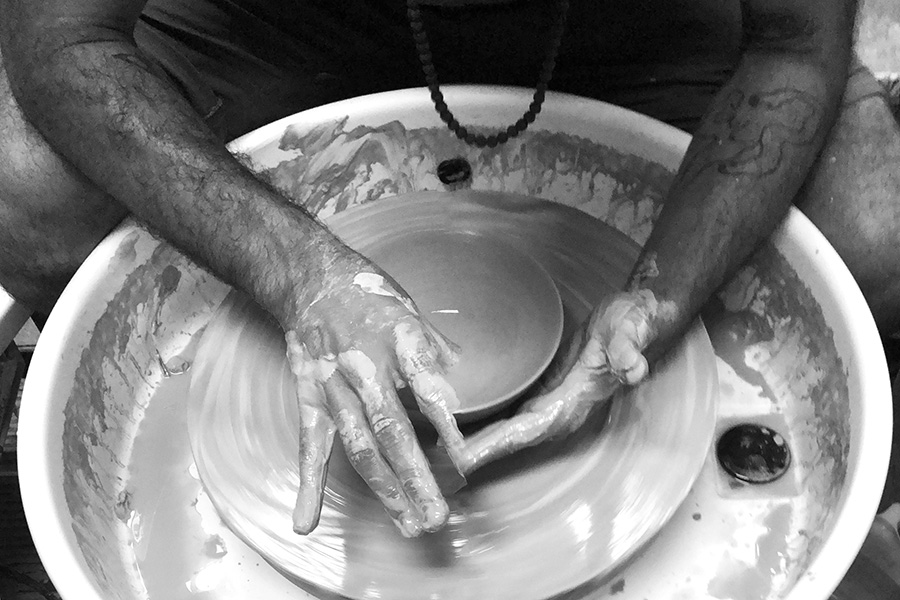When you hear the word “occupation,” the first thing that comes to your mind is probably your job, what you get paid to do, what you trained to become.

Think of your home, the community where you live, the stores where you shop, the people you run into everyday – these are the places you occupy. Why have you chosen those places? Or have you not chosen them? How do those places affect you as a person? What do they say about you? How do those shared places affect your community? Are they accessible? Are they safe? How are those places organized? What are the ‘rules’ within those places? How do those rules affect you? How do they affect others?
CONSIDER THE FOLLOWING
- How do humans occupy the space around them? How do humans occupy time?
- How do they occupy themselves in the course of their daily lives? And why?
- How do groups of humans occupy space and time?
- How do these groups structure their space and time? What are the implications of these social structures?
- How does the structure of work, home life, and community life determine what we think about doing and what we want to do?
- How do culture, economics, policies and more shape what is taken for granted as “normal” everyday life?
- How do humans exert agency through their occupations, i.e. what do they do to shape the structure of their societies?
